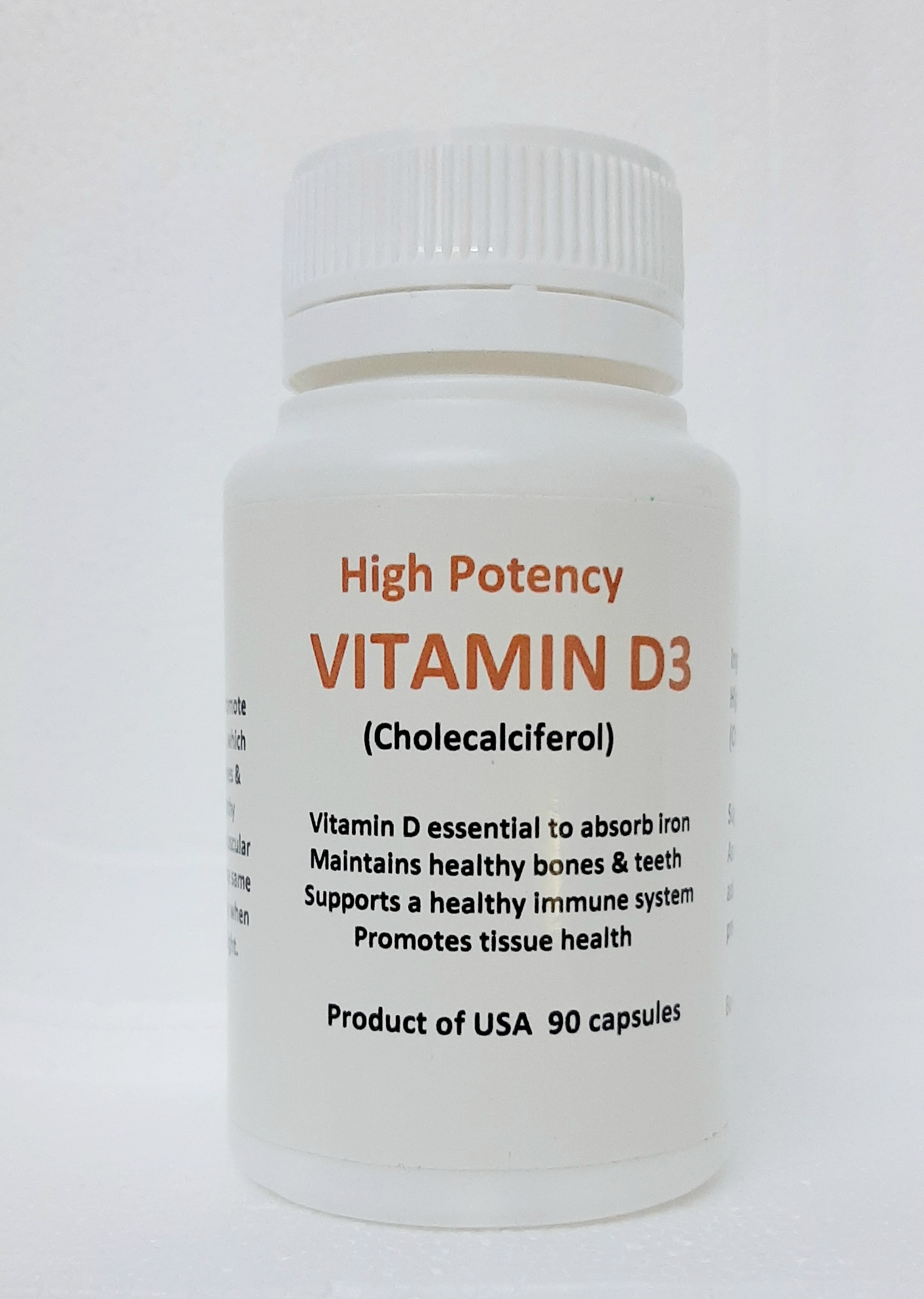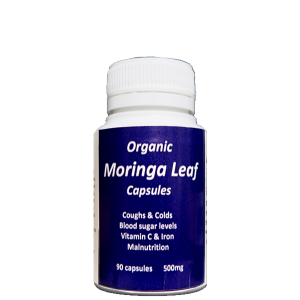Vitamin D3, also known as cholecalciferol, is a crucial nutrient that plays a vital role in various physiological functions within the human body. Unlike other vitamins, vitamin D3 is unique in that it can be synthesized by the skin when exposed to sunlight, specifically ultraviolet B (UVB) radiation. Additionally, it can be obtained through certain dietary sources and supplements. This essential vitamin serves multiple functions, impacting bone health, immune system function, and overall well-being.
Bone Health: One of the primary functions of vitamin D3 is its role in maintaining bone health. It plays a crucial part in calcium absorption from the intestines, ensuring that an adequate amount of calcium is available for bone mineralization. This is vital for the formation and maintenance of strong, healthy bones, preventing conditions such as osteoporosis and rickets. Vitamin D3 works in concert with calcium to support bone density and strength.
Immune System Support: Vitamin D3 is known to modulate the immune system, playing a pivotal role in defending the body against infections and diseases. It helps regulate the immune response by enhancing the activity of immune cells, such as T cells and macrophages. Adequate levels of vitamin D3 are associated with a lower risk of respiratory infections, autoimmune disorders, and chronic diseases. Research suggests that maintaining optimal vitamin D3 levels can contribute to a robust and responsive immune system.
Mood Regulation: Emerging research has indicated a potential link between vitamin D3 and mood regulation. There is evidence suggesting that adequate levels of vitamin D3 may be associated with a lower risk of depression and other mood disorders. The exact mechanisms behind this relationship are still under investigation, but it is believed that vitamin D3 may influence neurotransmitter production and function, impacting mood and emotional well-being.
Cardiovascular Health: Vitamin D3 has been associated with cardiovascular health, and maintaining sufficient levels may contribute to a reduced risk of cardiovascular diseases. It plays a role in regulating blood pressure, supporting endothelial function, and reducing inflammation—all factors that contribute to a healthy cardiovascular system.
Cancer Prevention: Some studies suggest a potential link between vitamin D3 and a lower risk of certain types of cancer. Research is ongoing to understand the mechanisms by which vitamin D3 may influence cancer development and progression. It is thought to have anti-cancer properties by regulating cell growth, differentiation, and apoptosis.
Muscle Function: Vitamin D3 is essential for maintaining proper muscle function. It aids in muscle contraction and may help prevent muscle weakness and pain. Individuals with low vitamin D3 levels may be at a higher risk of muscle-related issues, including muscle weakness and an increased susceptibility to falls.
Regulation of Gene Expression: Vitamin D3 acts as a potent regulator of gene expression, influencing various physiological processes. It binds to specific receptors in cells, leading to changes in gene transcription. This broad-reaching impact allows vitamin D3 to influence diverse biological functions beyond those directly related to bone health and immune system function.
In conclusion, vitamin D3 is a versatile and essential nutrient with a multitude of benefits for overall health. From supporting bone health to regulating the immune system, influencing mood, and contributing to cardiovascular health, the importance of maintaining optimal vitamin D3 levels cannot be overstated. Whether obtained through sunlight exposure, dietary sources, or supplements, ensuring an adequate intake of vitamin D3 is crucial for promoting a healthy and thriving body.






Reviews
There are no reviews yet.